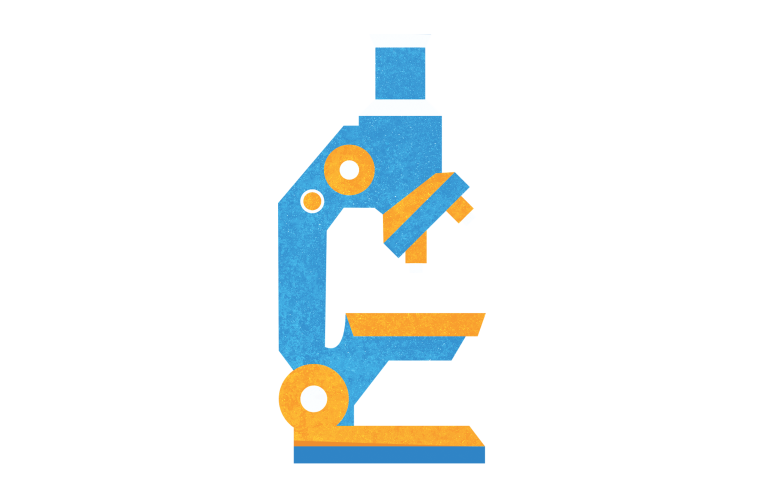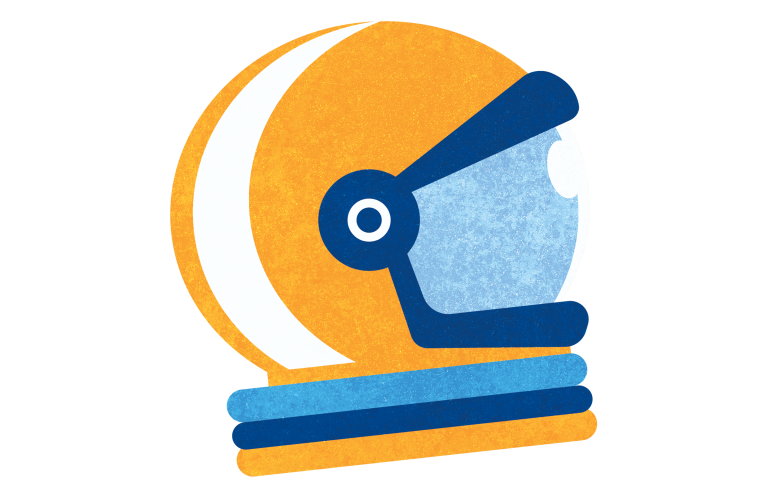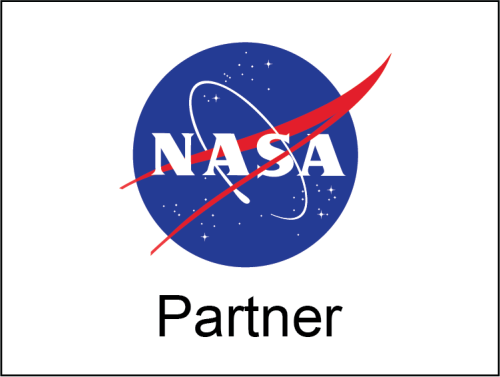The W Science Camp 2024
Join us for an exciting and educational adventure at the Plymouth Bluff Environmental Center June 17-21 2024, 8 a.m. to noon each day. Open to children aged 9-14. This Science Camp is offered free of charge thanks to MUW support and generous donors. Space is limited to 20 eager young minds, so don't miss out! Register by May 31. Last year filled up quickly before the deadline, so don’t delay!
Simple lunches will be provided (fruit, vegetables, sandwiches, cookies, juice) but feel free to send your child with a lunch of you prefer. Water fountains are also available on-site at the Environmental Center.
Our program will focus on science and mathematics, covering several different fields of study!
2023 activities included:
 Dr. Davida Crossley, an Assistant Professor of Microbiology, led an activity investigating how life exists in water and soil, which would be analogous to how future scientists could find life on another planet. Students collected soil samples from around Plymouth Bluff to investigate what bacteria and fungi are present.
Dr. Davida Crossley, an Assistant Professor of Microbiology, led an activity investigating how life exists in water and soil, which would be analogous to how future scientists could find life on another planet. Students collected soil samples from around Plymouth Bluff to investigate what bacteria and fungi are present.
Dr. Bonnie Oppenheimer, Professor of Mathematics and the Chair of the Department of Sciences and Mathematics, led a discussion about why we count in base ten and how to count if we met aliens with a different number of fingers that use a different base system.
Activities about the physics and engineering of space travel were led by Dr. Travis Hagey, an Assistant Professor of Biology. Student built jet powered paper airplanes using straws and measured flight distances. Students also investigated deceleration and material properties, designing protective enclosures from cardboard, foam, and pipe cleaners, to hold a raw chicken egg. These enclosures were dropped from different heights to evaluate how well their designs protected their fragile cargo.
 As part of our planetary science and geology day, students made their own fossil impressions using plaster of Paris, led by Michael Dodson, Instructor of Biology. Students also observed locally collected marine fossils. Plymouth Bluff has easily accessible fossil beds containing a rich supply of marine bivalve fossils.
As part of our planetary science and geology day, students made their own fossil impressions using plaster of Paris, led by Michael Dodson, Instructor of Biology. Students also observed locally collected marine fossils. Plymouth Bluff has easily accessible fossil beds containing a rich supply of marine bivalve fossils.
The deadline to apply in May 31.
QUESTIONS? Ask Dr. Travis Hagey at thagey@muw.edu or (662) 329-7376.

Partially funded by Mississippi University for Women and a NASA Inspires Futures for Tomorrow's Youth grant.
The material contained in this document is based upon work supported by a National Aeronautics and Space Administration (NASA) grant or cooperative agreement. Any opinions, findings, conclusions or recommendations expressed in this material are those of the author and do not necessarily reflect the views of NASA.
